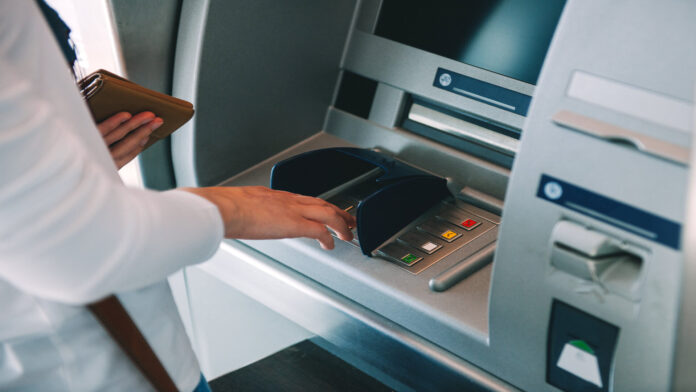Cash crunch depresses ATM usage from 70% to 30%
By Jeph Ajobaju, Chief Copy Editor
Weekly Automated Teller Machine (ATM) usage among Nigerians dropped from 70 per cent in the past few years to 30 per cent in 2023, gleaned from a new report by KPMG, no thanks to depleting purchasing power across all social segments.
The report titled, “In Pursuit Value”, surveyed and curated the experiences of bank customers in Nigeria and Ghana in 2023, and noted ATM usage in Nigeria in particular declined due to a second naira scarcity within 12 months exacerbated the matter.
Medium digital transactions dropped from the top to outside the top 10 in the survey, KPMG said.
It explained four in 10 customers report weekly ATM usage, which was a notable dip from the previous seven in 10 over the last few years.
The report added the decline in ATM usage coincides with a significant rise in agency banking usage, with six in 10 customers frequenting bank agents every week.
Popularity of agency banking
The report:
Revealed the rise in agency banking highlights the continued popularity of cash, which underscores customers’ quest for more readily available cash options, primarily driven by the popularity of bank agents across the country.
Noted payment via digital channels grew 52 per cent between January and October 2023, citing data from the Nigeria Inter-Bank Settlement System (NIBSS).
.__________________________________________________________________
Related articles:
GTBank leads as 9 banks make N154b from e-banking fees
Abuja makes N80.86b revenue from electronic transfer tax
Naira scarcity balloons epayment transactions value to N135.52tr
__________________________________________________________________
Spike in digital payments explained
The report also said:
The spike in digital payments was triggered by the cash crunch caused by the implementation of naira redesign by the Central Bank of Nigeria (CBN) between December 2022 and March 2023.
“Consequently, digital payments surged, marking a notable 52 per cent increase in total NIBSS Instant Payment (NIP) transactions by October 2023 compared to January of the same year.
“This was triggered by the Central Bank of Nigeria’s initiative to overhaul the Naira, aiming to regulate cash circulation and reduce reliance on physical currency,” KPMG explained.
It stressed the rise in digital payment overwhelmed banks with multiple cases of transaction failure – but that fintechs such as Opay, PalmPay, and Moniepoint rose to the challenge, leading to a significant change in customers’ preferences.













